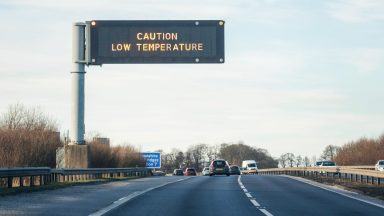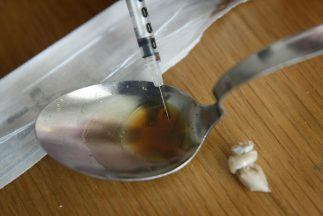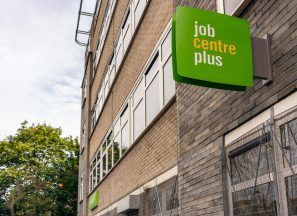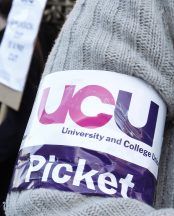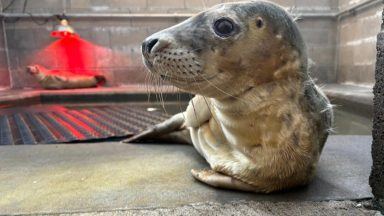Retailers across Scotland could face a “dismal Christmas” despite signs of improvement, as inflation increases curb real-terms growth.
New figures suggest customers are focussing on essential items such as food and energy-saving products as the cost of living crisis continues to impact household spending.
The industry had been showing signs of recovery following the coronavirus pandemic, with total sales increasing by 6.5% compared with September 2021, where just 1.3% growth was recorded.
However, when these figures are adjusted to consider inflationary rises, the year-on-year change was just 0.8.
The figures come from the Scottish Retail Sales Monitor produced by the Scottish Retail Consortium (SRC) and KPMG.
A portion of the sales growth will also be a reflection of rising prices rather than increased volumes to take into consideration high inflation, the analysis said.
The report added that retailers are facing tough decisions in order to keep costs low to encourage shoppers to buy their goods, or increasing prices to protest profits.
Paul Martin, partner and head of retail at KPMG, said: “Despite Scottish retail sales growing in September, high levels of inflation wiped out signs of real-terms growth, and unfortunately, tougher times are ahead.
“Consumers were more cautious last month, avoiding large ticket items as many households prepared for higher energy costs through the winter, evidenced by a spike in warm clothes purchased during September.
“With interest rates, inflation, labour, energy and cost of goods continuing to climb, retailers are heading into one of the most challenging Christmas shopping periods they have had to deal with in years.
“Consumer confidence remains low, and retailers are having to tread a very fine line between protecting their own margins and further denting confidence by passing on price rises.
“A laser focus on their own costs and efficiencies in order to remain price competitive this festive season will be essential.
“As consumers focus on getting value for money through switching to own brand items and seeking out discounts, getting pricing and promotional activity right could be the difference between a successful or dismal Christmas for retailers this year.”
Non-food sales totalled an increase of 3.9% in September, compared with the previous year’s increase of 2.1%.
Figures were again above the three-month average increase of 3.5%, but below the 12-month average of 27.1%, highlighting that people are prioritising where their money is spent.
When figures are adjusted for the estimated effect of online sales, the non-food sales total increase was 3% in September, compared with a 1.7% decrease in 2021.
The effects of the figures mean retailers may struggle to convince shoppers to splash out on Christmas gifts this year, the SRC have said.
Ewan MacDonald-Russell, deputy head at the SRC said: “Scottish sales showed a sliver of growth in September, with a real-terms rise of 0.8%.
“Nonetheless, there are clear signs customers are battening down the hatches ahead of the expected winter costs crunch.
“Food sales fell in real terms as customers cut back on the volumes of goods. With food inflation now outpacing sales, even grocery retailers are feeling the pressure as customers focus on essential items.
“Non-food sales were dominated by consumers looking for ways to reduce their energy bills. Duvets, blankets and air fryers all did well as customers look to cut costs and prepare for winter.
“These are not propitious signs for retailers as they enter the golden trading quarter. With customers focusing on essentials, it will be a real challenge to encourage shoppers to splash out on Christmas gifts.
“Government need to keep a watchful eye on this and be prepared to take action in upcoming fiscal announcements to support retailers facing into the teeth of intense cost challenges.”
Follow STV News on WhatsApp
Scan the QR code on your mobile device for all the latest news from around the country


 iStock
iStock








